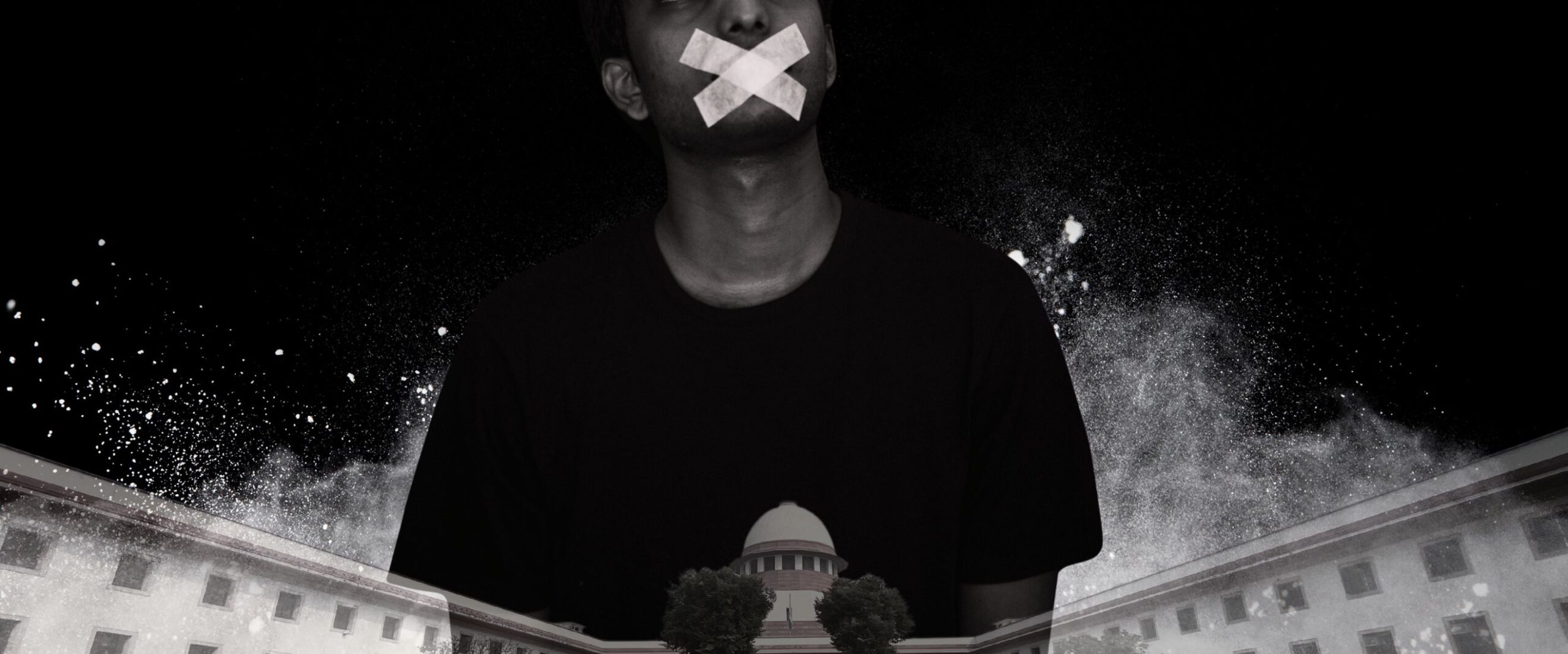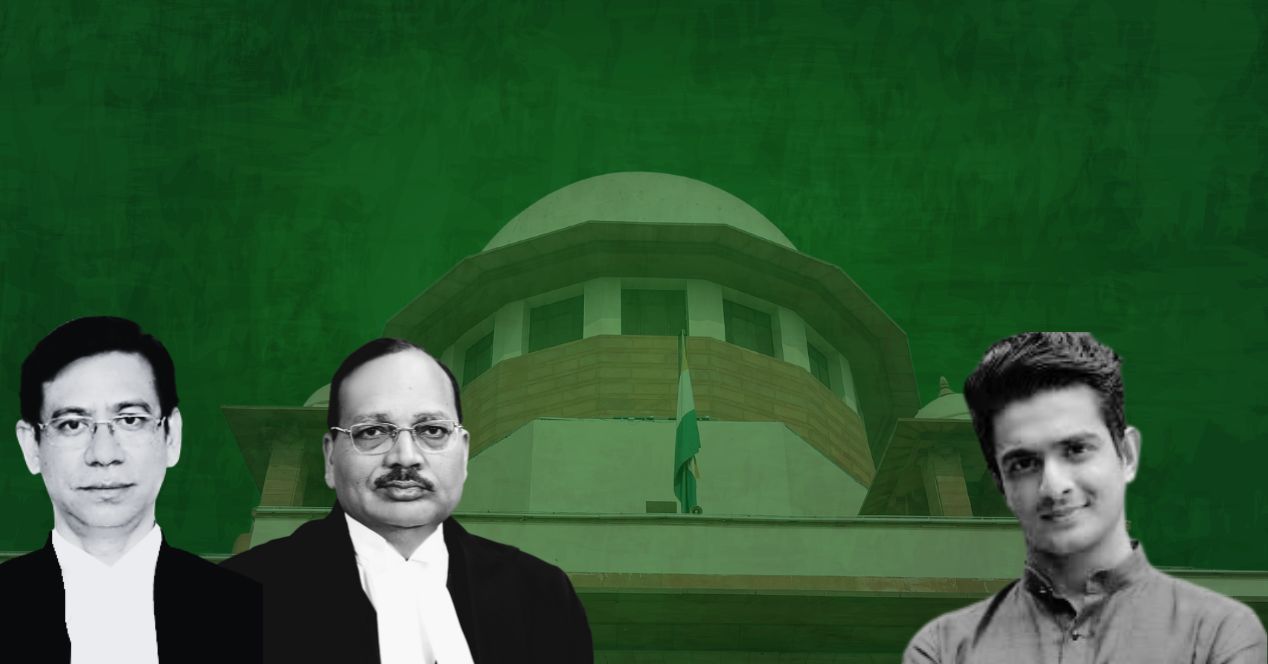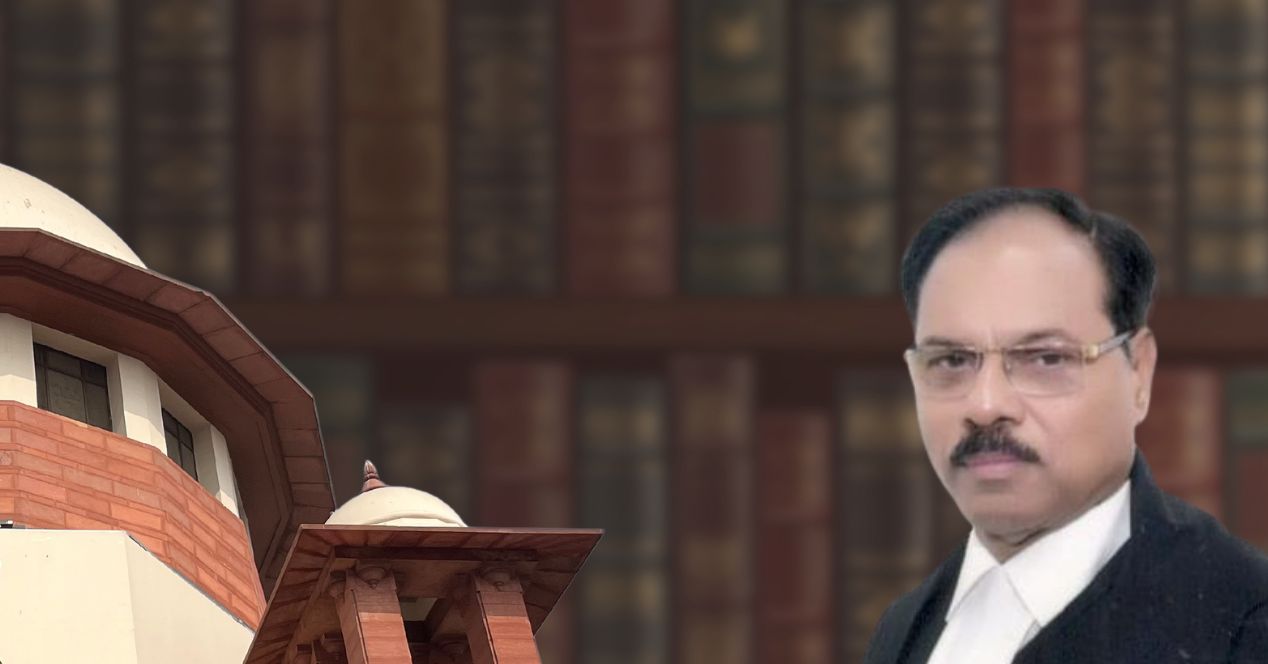Analysis
This is no joke
The conditions imposed by the Supreme Court on Ranveer Allahbadia are disproportionate and could further shrink the space for free speech

“Gag orders have a chilling effect on the freedom of speech,” the Supreme Court wrote in 2022, while refusing to bar journalist and fact-checker Mohammed Zubair from tweeting while he was out on bail. The three-judge Bench’s order came in a plea by Zubair to club six FIRs filed against him, which alleged that some of his tweets had caused public nuisance and incited unlawful assembly.
“The bail conditions imposed by the Court must not only have a nexus to the purpose that they seek to serve but must also be proportional to the purpose of imposing them,” the Order read. The Court also said that such an order “would amount to an unjustified violation of the freedom of speech and expression, and the freedom to practice his profession.”
We revisit this order in the wake of another request to club FIRs. On 18 February, a Division Bench of the Court was hearing a plea by YouTuber Ranveer Allahbadia to club three FIRs that had been filed against him in different states. The complaints came after a clip of Allahbadia making an incest joke at a private comedy show went viral.
The bench spared no words to express its disgust at Allahbadia’s comments. Justice Surya Kant took every opportunity to remind the petitioner that his “disgusting”, “filthy” and “insulting” comments betrayed a “dirty mind” which would make anyone “ashamed”.
“Why should the Court hear this kind of person?” he asked.
When Allahbadia’s counsel Abhinav Chandrachud told the Court that his client was receiving threats of “physical violence” from various people including an MLA, Justice Kant responded that “at least no one will be ashamed” while reading those threats. For about 20 minutes, the bench continued to comment on the ‘vulgarity’ of the jokes. Chandrachud struggled to get his words in.
Then, suddenly, as Chandrachud attempted to bring the bench’s attention to case law, Justices Kant and N.K. Singh huddled to speak for a few seconds. Justice Kant briskly said: “Anyway. We’ll issue a notice”. The bench went on to impose a stay on Allahbadia’s arrest and the registration of fresh FIRs.
But there were many strings attached. Allahabadia had to cooperate fully with the investigation; he could not be accompanied by his lawyer to the police station; he had to deposit his passport with the police; he could not leave India without the Court’s permission; he could not post any audio or video “till further orders”.
Without a doubt, the Court can use its discretion to impose reasonable conditions while granting interim relief. But in this case, the gag order takes the form of ‘prior restraint’, the practice of restricting speech before it has even occurred. The pre-emptive bar on posting any audio or video restrains Allahabadia from pursuing his livelihood as a content creator and silences him in a manner that is unnecessary to ensure a smooth investigation.
The bench in Zubair’s case, which included Justice Kant, had come out strongly against such blanket prior restraint. It’s true that the order was written by D.Y. Chandrachud and Zubair is more accurately described as a journalist and not a content creator. However, the expectation from the top court remains that it speak in a unified voice, with each bench following the scheme of interpretation set by its predecessor. This is crucial to ensure the reliability, predictability and authority of the institution. Was Allahbadia’s juvenile joke so appalling that it caused Justice Kant to overlook a progressive order he put his name to not even three years ago?
Even before the Supreme Court was called on to adjudicate, this clip from a mindless comedy show had dominated the news cycle. The alacrity with which ministers hopped on to the issue only served to underline the power of the faceless mob. For us at the SCO, this story is less about a poor joke and more about what it reveals about the inconsistencies of the polyvocal court.
This article was first featured in SCO’s Weekly newsletter. Sign up now!




